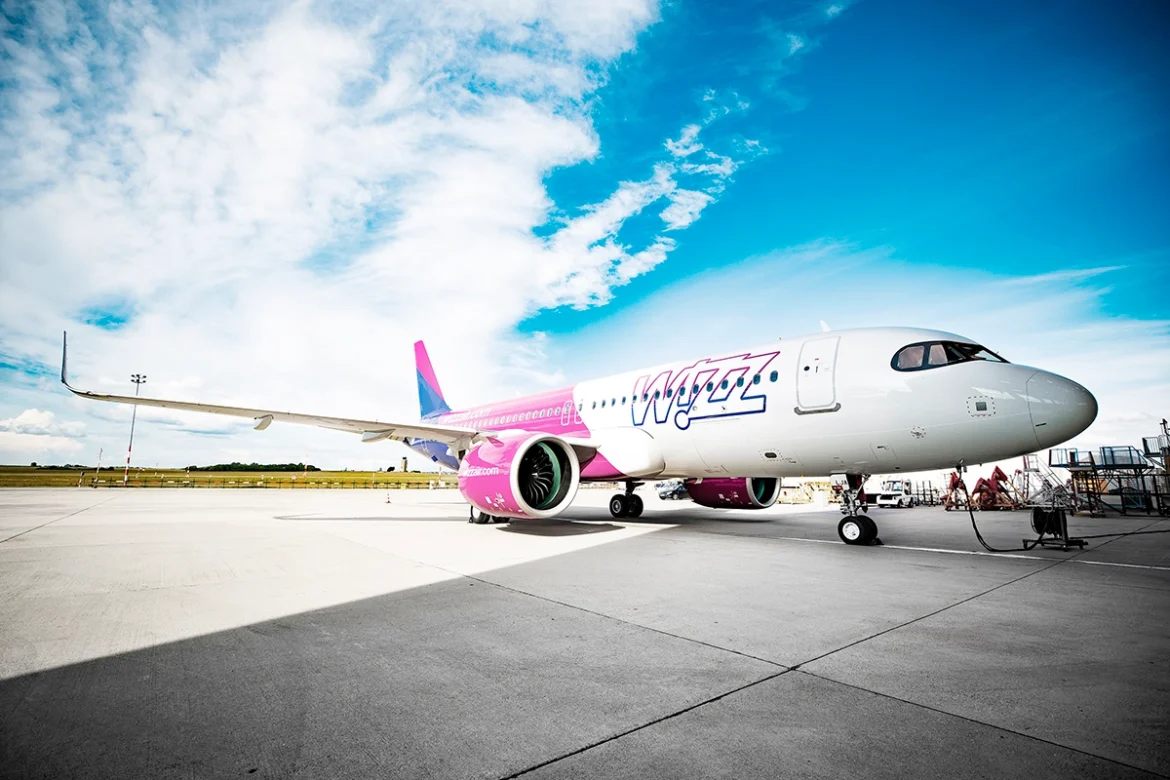Wizz Air, Europe’s fastest growing airline and the winner of the CAPA Global Environmental Sustainability Award, announced that it has achieved 51.2 grams per passenger/km for its CO2 emissions intensity in the first half of fiscal year 2024 (H1F24), which is 8% less than in the same period of fiscal year 2023 .
ALSO READ:
Wizz Air’s sustainability strategy is based on four pillars – environment, people, governance and economy. The airline is constantly working on its environmental footprint and carbon intensity reduction, employee development, socio-economic contribution to the regions, where it operates, and strengthening its corporate governance.
Wizz Air’s sustainability milestones in H1F24
- Fleet average age decreased to 4.2 years, remaining the youngest aircraft fleet of any European airline with over 100 aircraft.
- The share of new “neo” technology aircraft within Wizz Air’s fleet increased to 57%.
- Signed an agreement with Spanish Sustainable Aviation Fuel (SAF) producer Cepsa for future supply.
- Made its first £5 million equity investment in a British biofuel company, Firefly, and participated in $50 million investment in CleanJoule, a US-based biofuel start-up.
- Became the first airline in Hungary to commercially test the SAF supply chain in collaboration with Neste, MOL and Budapest Airport.
- Launched fully electric turnarounds together with Aviation Services at Rome Fiumicino airport, allowing to reduce CO2 emissions from the ground handling process by up to 85% per aircraft compared to using diesel-powered equipment.
- Received recognition as the “Most Sustainable Low-Cost Airline” by World Finance Awards 2023.
- Launched a new, and first of its kind, WIZZ Sustainability Ambassador Programme for its cabin crew and office employees. Over 20 Sustainability Ambassadors have been selected, representing 13 countries of Wizz Air’s presence.
- The employee base grew to more than 8,000 with over 1,400 new hires and more than 100 nationalities in the entire workforce.
- Reached a 50%-50% female-male gender ratio throughout the entire organisation and 5%-95% female-male gender ratio in the flight deck.
tanvir@dubainewsweek.com

